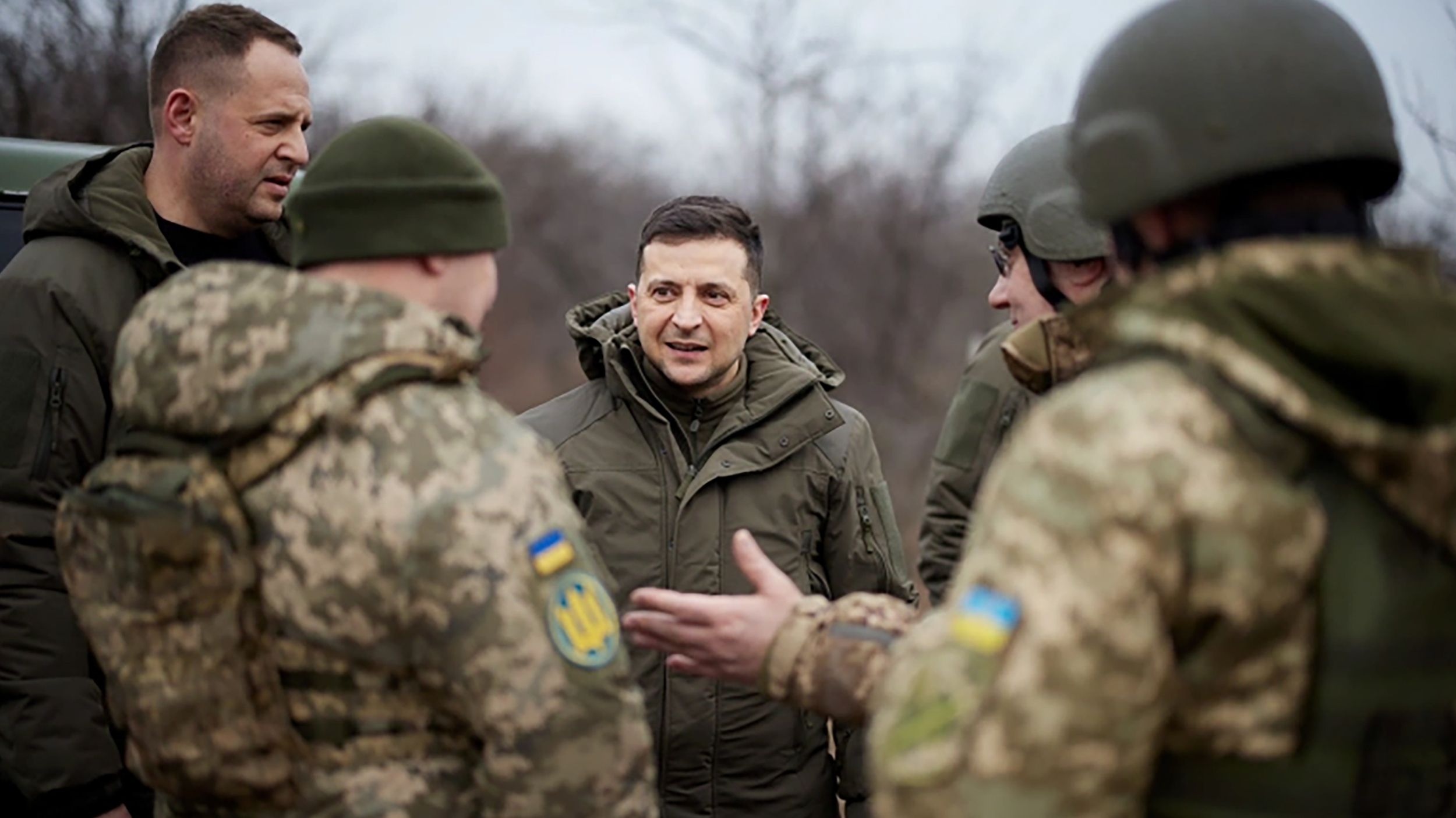
As the Russian war on Ukraine entered its second month on 26 March 2022, it became clear that the military operation is not proceeding as anticipated, despite statements to the contrary by Russian President Vladimir Putin. Russia’s early demands for total Ukrainian capitulation suggest that Moscow imagined it could rapidly destroy Ukrainian military capabilities and seize enough of the country that Ukrainian political will would collapse and the country’s leadership would agree to Russian terms. In turn, the West would be forced to accept the new reality. This assessment is backed up by US intelligence reports as well as events on the ground. Indeed, Russia’s much discussed logistical problems may be less attributable to dysfunction in its military establishment than to the belief that its objectives would be achieved in a matter of days, making long-term logistics planning unnecessary.
But this war plan collapsed upon engagement. Putin especially seems to have misjudged the capabilities of the Russian military as well as Ukrainian public opinion, the magnitude of resistance Russia would face, and the cohesion of the Ukrainian military. Moscow similarly misjudged the Western response. Instead of splitting Europe, the Russian invasion united it, setting off a new wave of armament across the continent and crippling sanctions on Russia, and triggering substantial Western military assistance to Ukraine.
If this much is clear, the Russian leadership’s objectives from the war and the prospects for talks to end it are more obscure. While a negotiated agreement between Russia and Ukraine appeared to be taking shape in the third week of the war, the last week brought a noticeable shift as both parties’ stances were increasingly influenced by the unfolding situation on the ground. Increased Western assistance to Ukraine and the latter’s ability to inflict casualties on the Russian side emboldened Ukraine’s leaders, making them less willing to make concessions. The Russian position hardened as well, perhaps calculating that more military pressure should be brought to bear to persuade Ukrainian leaders that they were waging a losing battle.
Insofar as Moscow is already facing what it perceives to be an all-out economic war and a Western proxy war in Ukraine, it no longer has anything to lose and must press ahead to achieve enough to declare victory, regardless of its own military losses and the destruction wrought on Ukraine’s cities. Unable to take the whole country, it may attempt to partition Ukraine, setting up two zones of influence, one Western and the other Russian, controlling the east and south.
The far-reaching impact of Russia’s invasion is already clear in many respects, though some outcomes remain uncertain. Certainly, the US has achieved its basic goal of severing Russia from Europe and rallying the latter around a long confrontation with Moscow. Considering the magnitude of the Western response, Russia is now much less likely to move on to Poland or a Baltic state.
The sanctions package imposed on Russia will be an enormous economic, fiscal and developmental burden on the Russian state and people alike. But regardless of the outcome or cost of the war, Russia will likely emerge more determined to preserve its status and role as major power. Russia remains a resource-rich, nuclear state, and the war is not taking place on its territory. Barring a radical policy reversal, Russia seems compelled to pursue polarisation and seek to expand its alliances in Europe, if possible, as well as in Asia, Africa and Latin America.
In the next one to three years, the international order will likely be a trilateral one: a US-led Western camp with substantial military, economic and cultural weight; a Russian bloc including former Central Asian Soviet states, Belarus and various Third-World countries; and a Chinese bloc focused more on economic relations than military and political alliances. Second-tier powers—India, Turkey and perhaps Iran—will try to maintain balanced relations with all blocs, but oil producing states will be sites of keen competition between these three poles.
The full implications of a newly militarised Germany and China’s position are not wholly clear. Certainly, China sympathises with Russia, but it wants to avoid Western sanctions or any downward pressure on economic growth. This does not preclude a Russian-Chinese rapprochement in the medium term. Having seen how strongly the West will act to protect its hegemony, even so far as abandoning the post-Cold War economic-political order, China will likely be more assertive in preserving its own interests and expanding its circle of allies.
It is hard to predict the future of the party that sparked this turmoil in the global order: Ukraine. Whether the war ends in an agreement or stalemate, Ukraine will continue to be pulled between Russia and West. Given the magnitude of destruction and population displacement, Ukrainian recovery seems a distant prospect.
*This is a summary of a policy brief originally written in Arabic, available here.